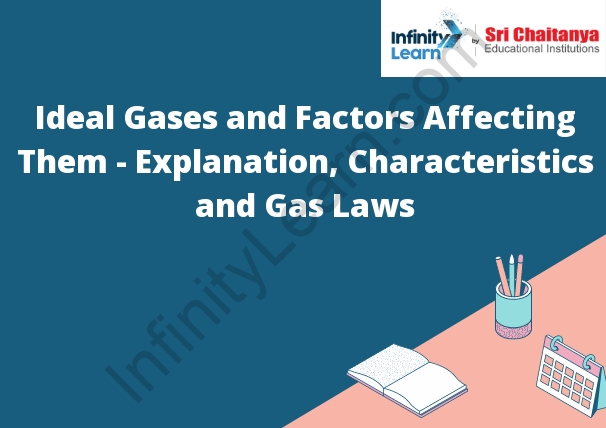Table of Contents
Explain the Ideal Gas? ;
The ideal gas is a model of a gas that is composed of small particles that are in constant motion and that do not interact with each other. The ideal gas equation is a mathematical model that describes the behavior of an ideal gas.

The Ideal Gas Law
The Ideal Gas Law is a mathematical relationship between the pressure, volume, and temperature of a gas. The law states that the pressure of a gas is proportional to the Kelvin temperature and inversely proportional to the volume.
Characteristics of Ideal Gas
An ideal gas is a hypothetical gas that possesses the following three characteristics:
1) It is composed of small, uniformly-sized particles that are in constant motion.
2) The particles do not interact with one another.
3) The gas is thermally insulated from its surroundings.
These three characteristics allow an ideal gas to obey the ideal gas law, which states that the pressure, volume, and temperature of an ideal gas are all proportional to each other.
Properties of an Ideal Gas
An ideal gas is a hypothetical gas that has the following properties:
1. It is composed of infinitely small particles that do not interact with one another.
2. The particles are in constant motion and collide with one another and the walls of the container randomly and elastically.
3. The gas is in thermal equilibrium with its surroundings, meaning that the temperature of the gas is the same as the temperature of its surroundings.
4. The gas is an ideal gas because it does not experience any forces other than the forces of gravity and elastic collisions.






